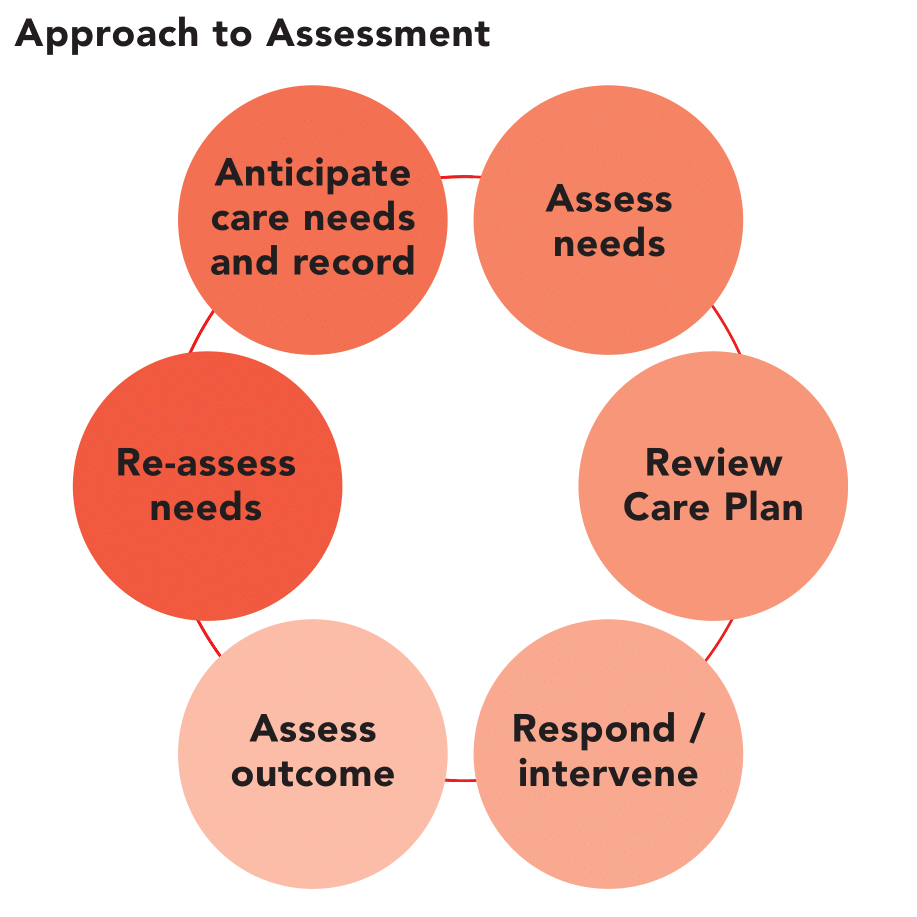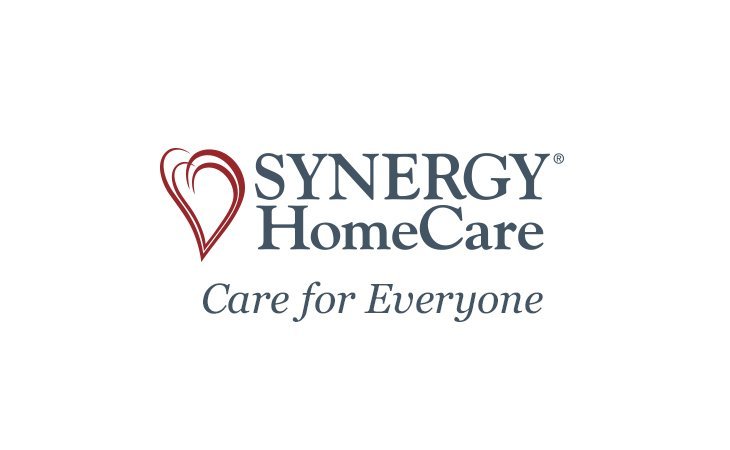
Medicare part b includes skilled nursing facilities and short-term health care. These are the types of care patients cannot provide for themselves, such as bathing, eating, or dressing. It is also the type of help that people need to recover from a serious disease, injury or surgical procedure.
Skilled nursing includes medically-necessary services and preventative measures in an accredited hospital, Life Plan Community (or other Medicare-certified facility), assisted living community or other Medicare certified location. This includes services provided by licensed practical nurses (LPNs), speech-language pathologists, physical therapists and occupational therapists.
What is Skilled Nursing Facilities?
A skilled nursing home is a health care facility licensed to provide services for elderly or disabled people. The Centers for Medicare & Medicaid Services is responsible for regulating most of these and they have to meet certain standards.
What is the Medicare coverage requirement?
A Medicare beneficiary must be a patient in an inpatient hospital for at least 3 days and require care in a skilled facility within 30days of leaving the hospital. This rule applies to patients who have been discharged or received observation services from a facility before they enter a skilled nursing home.

A physician's prescription is also required. The doctor must determine that the patient needs skilled nursing care to recover from an illness, injury, or surgery. Doctors can also request extra services like rehabilitation that are not covered by Medicare.
Medicare will pay for the first 20 days of care in a skilled nursing facility (SNF), and then the patient is responsible for a daily copayment. Medicare will no longer pay after 100-days.
How long does Medicare cover a skilled care facility?
After a hospitalization or skilled nursing, you can return to the facility and receive additional care. A new benefits period will start. Your benefits end if you are absent from the SNF more than 60 days consecutively.
You're eligible for up to 100 days of care in a skilled nursing facility each benefit period. You'll be responsible for any additional care you require if you need it.
How much does Medicare cover for a skilled care facility?
Medicare and Medigap will cover the costs of skilled nursing facilities for most Medicare beneficiaries. Most plans provide a high-level of coverage and will pay up to 80% for the cost of a skilled nursing facility.

Medicare coverage will depend on how long you have been in the SNF. It also depends on what your doctor has prescribed. You're not allowed to leave the SNF before Medicare starts to pay for your care.
To learn more about Medicare coverage for skilled nursing, please read our article on Medicare Part A basics. Use our Find a Plan Tool to compare plans including Medicare Advantage, supplemental insurance and Medicare.
FAQ
What is the value of the health care system
The economy of any country is dependent on its health system. It improves the quality of life and helps people live longer, more healthy lives. It also creates jobs for doctors, nurses, and other medical professionals.
The health care system ensures that everyone can access quality healthcare services regardless of their income.
Understanding the workings of healthcare systems is vital if you plan to become a doctor, nurse, or other medical professional.
What can we do to improve the health care system?
We can improve our health care system by ensuring that everyone receives high-quality care, regardless of where they live or what insurance they have.
To prevent children from contracting preventable diseases such as measles (MMR), it is essential that they receive all necessary vaccines.
It is important that we continue to work for lower costs of health care and ensure that it remains affordable to all.
Who controls the healthcare system in Canada?
It all depends how you view it. The government might own public hospitals. Private companies may run private hospitals. Or a combination.
What is the role of private sector?
Healthcare delivery can be facilitated by the private sector. For example, it provides some of the equipment used in hospitals.
Some hospital staff are also covered by the program. It makes sense that they should be involved in the management of the system.
They have their limits.
It is impossible for private providers to be competitive with services provided by the government.
They shouldn't attempt to manage the entire system. This could lead to a system that doesn't provide good value for money.
Statistics
- Healthcare Occupations PRINTER-FRIENDLY Employment in healthcare occupations is projected to grow 16 percent from 2020 to 2030, much faster than the average for all occupations, adding about 2.6 million new jobs. (bls.gov)
- Foreign investment in hospitals—up to 70% ownership- has been encouraged as an incentive for privatization. (en.wikipedia.org)
- The healthcare sector is one of the largest and most complex in the U.S. economy, accounting for 18% of gross domestic product (GDP) in 2020.1 (investopedia.com)
- The health share of the Gross domestic product (GDP) is expected to continue its upward trend, reaching 19.9 percent of GDP by 2025. (en.wikipedia.org)
- Price Increases, Aging Push Sector To 20 Percent Of Economy". (en.wikipedia.org)
External Links
How To
What is the Healthcare Industry Value Chain
The entire healthcare industry value-chain includes all activities related to providing healthcare services to patients. This includes all business processes at hospitals and clinics. It also includes supply chains that connect patients to other providers like pharmacists and insurance companies. The end result is a continuum, which begins with diagnosis and ends at discharge.
The value chain consists of four major components.
-
Business Processes are the tasks carried out by employees throughout the entire health care delivery process. A doctor might conduct an exam, prescribe medication and send a prescription to a pharmacy. Every step must be done efficiently and accurately.
-
Supply Chains: All the organizations involved in making certain that the right supplies reach all the people at the appropriate time. An average hospital has many suppliers. These include pharmacies, lab testing facilities and imaging centers.
-
Networked Organizations - To coordinate these various entities, there must be some form of communication between the different parts of the system. Most hospitals have multiple departments. Each department has its own office and phone number. The central point will allow employees to get up-to-date information from any department.
-
Information Technology Systems- IT is vital in ensuring smooth business processes. Without it things would quickly fall apart. IT is also a platform that allows for the integration of new technologies into the system. Doctors, for example, can connect to a secure internet connection to access electronic medical records.